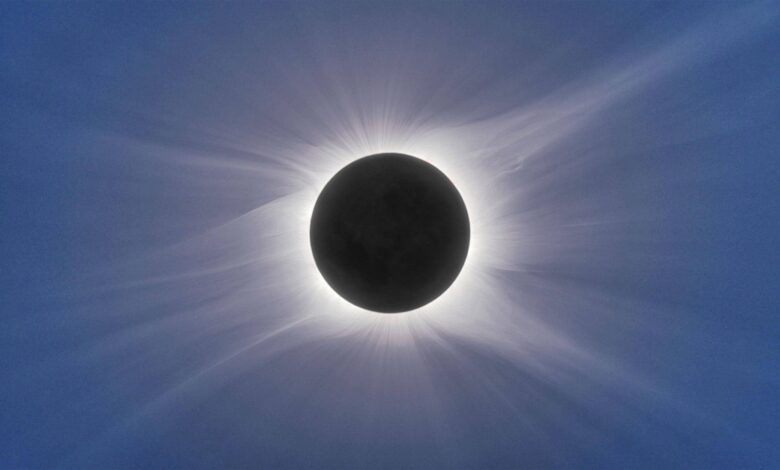
As the Total Solar Eclipse approaches, social media is abuzz with discussions about “eclipse sickness.” Some people claim to experience symptoms like headaches and mood swings due to the celestial event. However, experts are urging caution and questioning the validity of these claims.
NASA has refuted the myth of “eclipse sickness,” stating there is no direct physical relationship between a solar eclipse and health. They attribute any perceived correlations to coincidence. While eclipses can disrupt sleep patterns, no scientific evidence links them to stress or anxiety.
The upcoming Total Eclipse, set to occur on April 8th, is expected to be a captivating spectacle. However, it’s important to approach claims of eclipse-related sickness with scepticism. Superstitions and misconceptions surrounding eclipses have persisted throughout history, but no concrete explanation exists for their alleged impact on human well-being.
One thing to note is the importance of eye safety during solar eclipses. Direct exposure to the sun, even during an eclipse, can cause permanent eye damage. It is crucial to use proper methods of viewing, such as eclipse glasses, to protect one’s eyes.
In conclusion, while the Total Solar Eclipse may be a remarkable event, it’s essential to rely on scientific evidence and exercise caution when considering claims of eclipse sickness.



